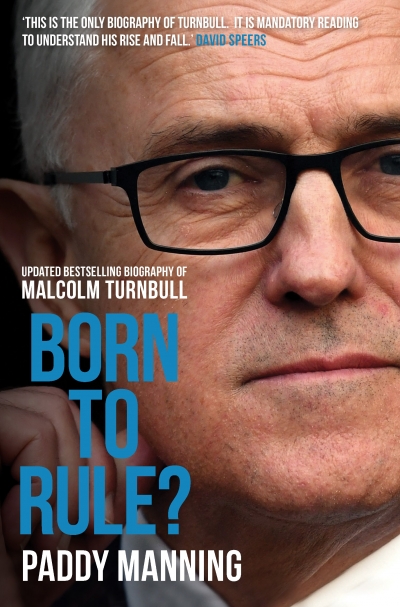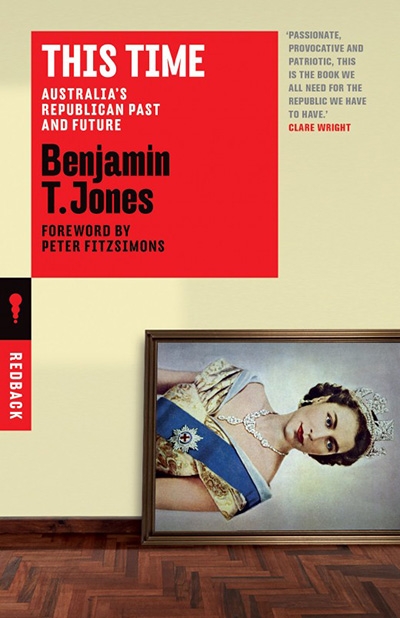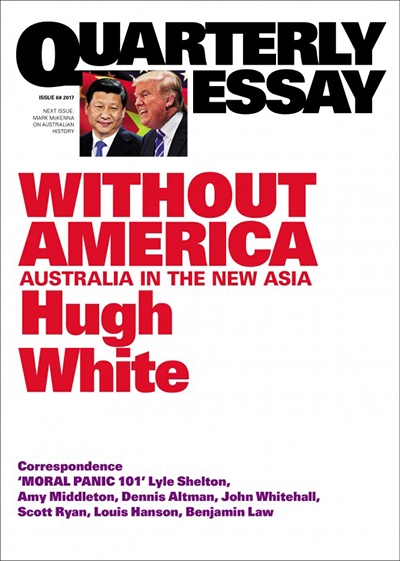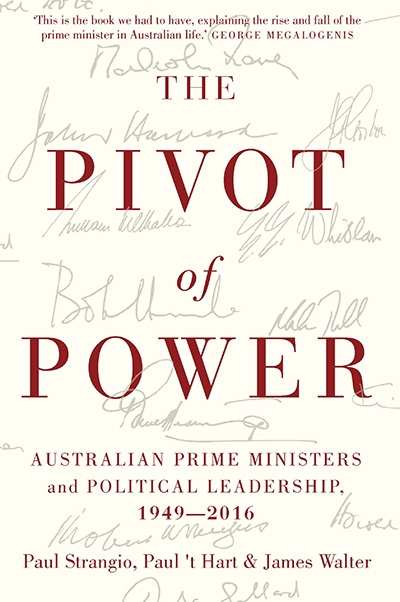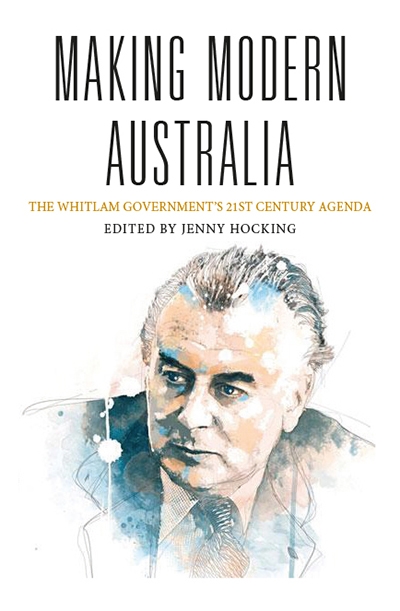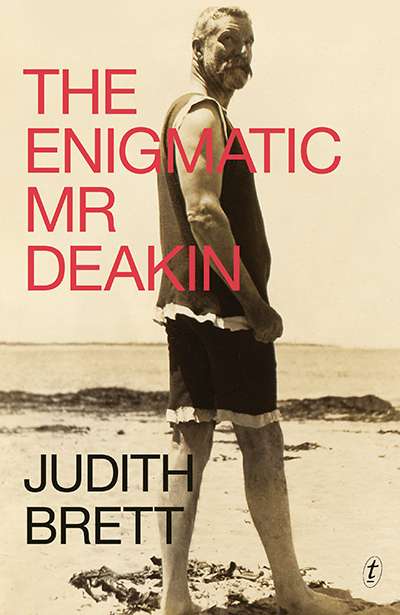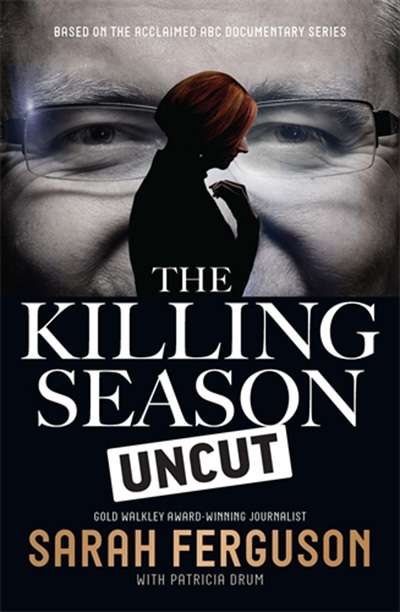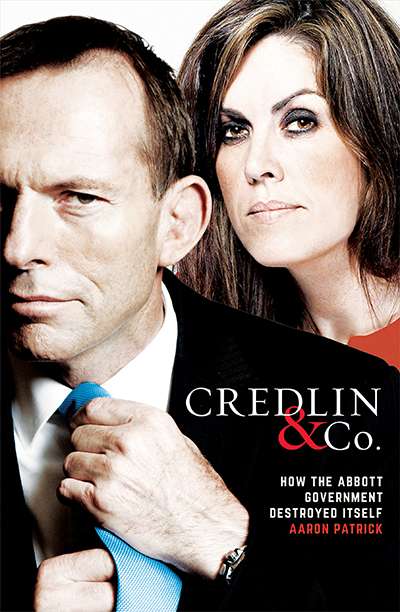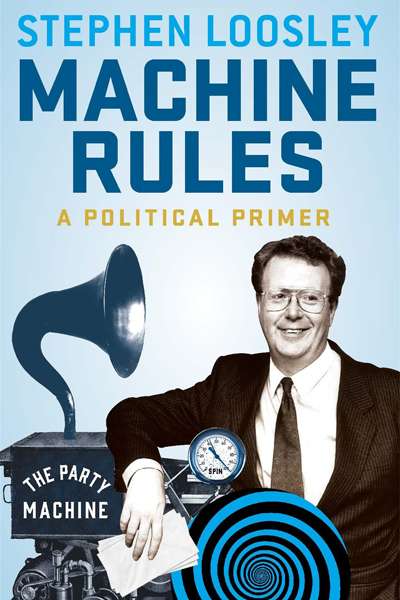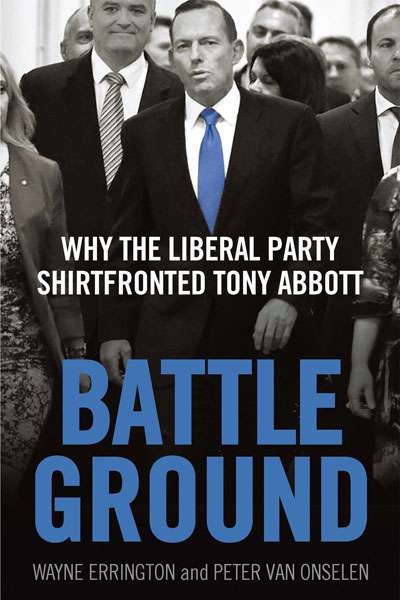Australian Politics
Future generations of readers will invariably look back in awe at the second decade of twenty-first-century Australian politics for its ridiculous revolving door of prime ministers. Personal and journalistic accounts of this rare instability – Australia had six prime ministers between 2010 and 2018 – have certainly proved a publishing bonanza ...
... (read more)This Time: Australia’s republican past and future by Benjamin T. Jones
In the lead-up to the 1999 republic referendum, historian John Hirst published a short guide to Australian democracy and law. ‘This is not a textbook,’ he wrote in the preface; rather, he intended it to be a ‘painless introduction’ to the system of government that had formed in this country under the British monarchy. He did not ...
... (read more)Without America: Australia in the New Asia (Quarterly Essay 68) by Hugh White
For upward of a decade, Hugh White has been sounding a warning: that Australia’s long-standing policy of relying on the United States as guarantor of our security in Asia was approaching its use-by date. As a conspicuous relic of European colonial expansion, Australia has always viewed with trepidation the ...
... (read more)The Pivot of Power: Australian prime ministers and political leadership 1949–2016 by Paul Strangio, Paul ‘t Hart, and James Walter
Has the Australian prime minister’s job become impossible? The authors of The Pivot of Power: Australian prime ministers and political leadership 1949–2016 ask this question at the very end of their book. They conclude on an almost utopian note, one rather out of keeping with the otherwise judicious tone maintained over ...
... (read more)Making Modern Australia: The Whitlam government’s 21st century agenda edited by Jenny Hocking
In his powerful eulogy for Gough Whitlam at the Sydney Town Hall in November 2014, Noel Pearson described the former prime minister – this ‘old man’ – as one of those rare people who, though he never suffered discrimination, understood the importance of protection from its malice. Pearson speculated on the apparent paradox ...
... (read more)There has been an argument going on in the Liberal Party about the nature of the Menzies heritage – was Robert Menzies, the founder of the modern party, a liberal or a conservative? Notably absent from this discussion has been the national figure who was the first leader of a united anti-Labor party and who also happens to have been a father of Federation, Alfred ...
The Killing Season Uncut by Sarah Ferguson, with Patricia Drum
Books have long provided fodder for films and television. Now films and television series, particularly documentaries, spawn books. The Killing Season Uncut is a ...
... (read more)Credlin & Co by Aaron Patrick & The Road to Ruin by Niki Savva
In August 2014, then Prime Minister Tony Abbott gave a short speech disagreeing with the contention put forward in Triumph and Demise: The Broken Promise ...
... (read more)Mark Latham – former columnist for the Australian Financial Review, former 'special correspondent' for Sixty Minutes, former federal leader of the Australian Labor Party – wasn't the only politician to keep a diary. Writing in The Latham Diaries (2005) – a book most politicians and apparatchiks approach via the index – Latham revea ...
Battleground: Why the Liberal Party Shirtfronted Tony Abbott by Wayne Errington and Peter van Onselen
The Abbott era already seems a far-off time of jihad on the ABC and the Human Rights Commission, death cults, three-word slogans, celebratory cigars, royal knighthoods, raw onions, and helicopter jaunts. To be reminded of it is to relive the 'tawdry nightmare – a male buddy film of singular fatuousness', to borrow Pankaj Mishra's dismissal of the West's post-Cold ...


